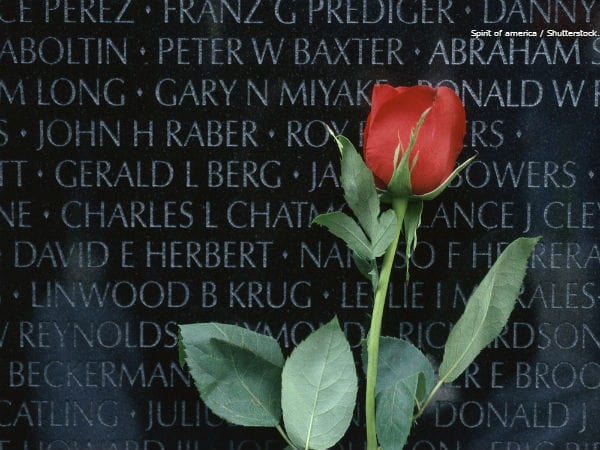(RNS) A day after House Speaker Dennis Hastert, R-Ill., appointed
the first Catholic priest as House chaplain, observers from a variety of
circles were commending his defusing of a controversy that simmered for
four months.
Hastert announced the appointment of the Rev. Daniel Coughlin, vicar
for priests of the Archdiocese of Chicago, on the House floor Thursday
(March 23) and then swore him in.
The Rev. Charles Wright, a minister of the Presbyterian Church
(USA), had been Hastert's original choice over the Rev. Tim O'Brien, a
Catholic priest. Wright wrote Hastert Wednesday to "regrettably"
withdraw his name from consideration, citing the partisan fight over the
post.
The controversy grew after a bipartisan selection committee gave the
names of three finalists -- Wright, O'Brien and the Rev. Robert Dvorak,
a leader of the Evangelical Covenant Church -- to Hastert, Majority
Leader Dick Armey, R-Texas, and Minority Leader Dick Gephardt, D-Mo.
Hastert chose Wright, while Gephardt and many Democrats wanted O'Brien.
Coughlin, 65, will earn $138,000 in the post. He begins work Monday
and will be up for re-election at the beginning of the next session of
Congress in January. John Feehery, Hastert's spokesman, said he expects
Coughlin -- who learned of Hastert's plans to appoint him on the same
day he became chaplain -- to remain in the post "until he doesn't want
it anymore."
The Catholic League for Religious and Civil Rights, which had issued
more than a dozen statements questioning why Wright was chosen over
O'Brien, was among those welcoming the decision Friday.
"We raised many questions about the treatment of Father Timothy
O'Brien in the selection process and were dismayed by the way the
Republicans handled this matter," said Catholic League President William
Donohue. "But we have no interest in fighting this fight any longer and
we commend House Speaker Dennis Hastert for bringing this chapter to an
end."
Prison Fellowship Chairman Chuck Colson, a former Nixon aide who has
been active in building relations between evangelical Protestants and
Catholics, also issued a statement congratulating Hastert.
"Considering the intense and emotional rhetoric from detractors, the
speaker's decision reflects well on the House and its leaders, and helps
to defuse attempts from many quarters to divide the nation on the basis
of religion," Colson wrote.
Al Menendez, associate director of Americans for Religious Liberty,
told Religion News Service his organization is "delighted" that the
House has broken a long tradition of solely having Protestants in the
post, but still questions the need for a chaplain to serve members of
Congress.
"The whole process needs to be examined at some time in our national
history," said Menendez, whose organization supports the separation of
church and state. "ARL still believes that there's no constitutional
requirement for there to be a paid House or Senate chaplaincy, but there
is a constitutional requirement that the position should be chosen
without reference to religious bias."
Hastert defended the position in his statement on the House floor,
saying the chaplain's prayers offered each day that Congress is in
session are "a peaceful refuge" from partisan battles. "I think to lose
the Office of the Chaplain would be a grave mistake," Hastert said.
2016-07-27
2016-07-27
Join Beliefnet Today!
more from beliefnet and our partners

